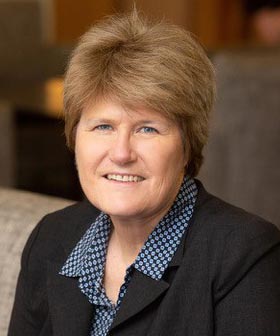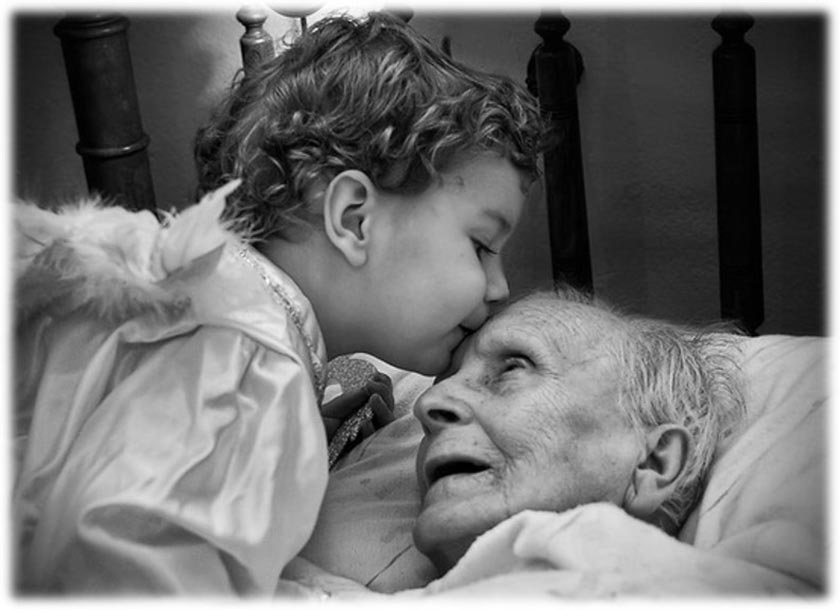Nurses must decide where they stand on the End of Life Choice Act (EOLCA) by the time it comes into effect on November 7, Auckland nurse practitioner (NP) Michal Boyd says. “This is seven weeks away – you really need to wrestle with this question if you are on the edge,” Boyd told the NZNO conference.
“You can’t go into this blind. It is going to get tricky. It has gotten tricky in other countries because end-of-life care is not black and white, it is full of grey areas,” said Boyd, an associate professor at the University of Auckland’s school of nursing and geriatric medicine.
Nurses did not have to be involved – but must ensure patients could access end-of-life care. “You cannot abandon the patient – regardless of your personal belief, you should not inhibit a person’s access to lawful treatment,” Boyd told nurses.

“If you don’t feel comfortable doing it, you need to find the team that will be comfortable assisting this person with death.”
Nurses who object must inform patients – not ignore questions – and direct them to another practitioner, who must ensure the patient understood all options, including palliative care.
Boyd implored nurses in leadership positions to “make a policy now” on the EOLCA. The incoming law was “silent” on matters such as refusal to provide assisted dying by organisations such as Hospice New Zealand. “It is unclear if publicly funded organisations such as DHBs can decide not to provide the End of Life Choice Act services,” she said.
“This has far-reaching implications… for example, if an aged-care facility says, ‘No, we don’t do this’, I am obligated, as a nurse practitioner, to make sure that person does have that service if they so desire.
“And then, likely, if it’s not going to happen on those premises, I have to find another place for them. And for a frail, older person that’s really difficult.”
Boyd said predicting whether death would occur within six months would be tough – “the older I get, the more comfortable I get, particularly with frail, elderly people, of saying ‘I don’t know’.”
Ensuring no coercion
Ensuring there was no coercion would also be hard. “There are times there is some pressure from the family,” particularly given house prices, she said.
To protect against this, medical practitioners “need to talk to nurses who are in regular contact with that person” and to whānau. A psychologist can also be called in.
Only a medical practitioner can determine a person’s eligibility – and must find another medical practitioner to corroborate the decision. However, nurses were often the first to be asked about assisted dying – but could not raise the topic themselves under the law.
Safeguards included the Support and Consultation for End of Life in New Zealand (SCENZ) group; an end-of-life review committee and a registrar, who confirms the correct process has been followed.
Assisted dying: The conditions that must be met
To be eligible for assisted dying in New Zealand, a person must:
- Be over 18.
- Be a New Zealand citizen.
- Have six months or less to live.
- Be irreversibly ill.
- Be experiencing unbearable suffering.
- Be mentally competent.
New Zealand’s law differs from other countries as follows:
- There is no stand-down period (unlike in Canada and some United States (US) states).
- It is not only based on suffering, but also on irreversible illness and must be determined a patient has six months or less to live (unlike in Holland and Belgium, where eligibility is based on one’s perception of suffering).
- It does not include mental illness (unlike the Netherlands, Belgium, Canada).
- Non-residents are ineligible (unlike Switzerland).
- Clinician can administer as well as self (in some US states and Victoria the person must administer their own dose).
- A person must be mentally competent at the time of death.
- The decision cannot be be postdated for a future time when someone no longer has capacity or by advance care plan (unlike Canada, Belgium and the Netherlands).
- Under 18s are not eligible (unlike in Belgium and the Netherlands, where, with parental consent, assisted dying can occur in children).
No access for those suffering from mental illness or advanced age (with no specific irreversible condition).
Watch the conference online
Dr Michal Boyd
End of Life Choice Act: Implications for Nurses
Full set of 2021 NZNO Conference videos on YouTube
These links will be very useful for anyone seeking further information or training about the implementation of the service.





